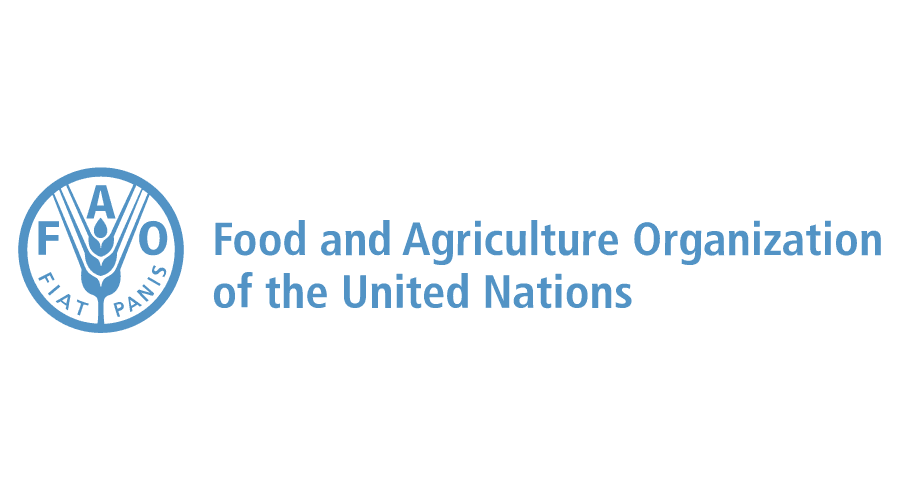
DHAKA, Feb 15, 2022 (BSS) - The Food and Agriculture Organization of the United Nations (FAO) hosted a series of webinar titled “Consultation with CSOs and media for Thirty-sixth Session of FAO Regional Conference for Asia and the Pacific”.
As reflected in the title, the consultation unpacked the crucial role of civil society organisations and media can play in the fight against food and nutrition insecurity and to advance sustainable, resilient, and nutrition-sensitive agri-food systems in the South Asia region- in Bangladesh, considering the COVID-19 pandemic.
Earlier, a similar consultation was held on February 13 last with the private sector actors, a FAO press release said.
The webinars were organised by the FAO, drawing on the FAO’s upcoming 36th Asia Pacific Regional Conference to be held in Dhaka from March 8 to 11.
Bangladesh will host the 36th FAO Regional Conference for Asia and the Pacific (APRC) in 2022 – for the first time, that the country has been given the honor since it joined the FAO in 1973.
Reflecting on the webinars, participants stressed importance of effective collaboration, innovation as well as intersectoral action as essential approaches to the progressive realisation of the right to food.
In line, key discussions were made on the importance of adequate and stable supply of safe food to all people, while it is also essential to educate people about locally available and low-cost nutritious food.
Country Director of GAIN Dr Rudaba Khondker highlighted the importance of nutrition and the critical work of the ‘Scaling Up Nutrition’ (SUN) Movement to address malnutrition and hunger across the globe including Bangladesh.
Yet, it require more robust activities under strong alliances composing representatives from civil society networks across Bangladesh to work under the leadership of the government, to advocate for the further development of the national nutrition agenda and ultimately improve the lives of malnourished people across the country.
Along with high level officials, experts and practitioners in agri-food and other cross-cutting sectors, namely climate and environment, women, and child affairs around 90 participants from developments partners,
INGO, national NGOs, grassroots level NGOs namely, IFRI, CIMMT, CARE, SAVE, CONCERN Worldwide, ACDI/VOCA and media representatives from national print, online and broadcasting media attended the workshop.
Participants at the discussion also highlighted on easing the access of farmers to different financial schemes like flood insurance scheme, with focus on farmers from flood-prone and heard-to-reach communities.
Besides, the discussants spoke about the importance of youth-led agriculture and capacitate farmer on producing nutrient-enriched crops using modern technologies, inclusive food and nutrition policy, with special focus on children, women and people with disabilities, effective market value chain system to reduce the post-harvest loss of crops as well as proper management and dissemination of agri-food related information systems to transform a sustainable and resilient food system across the country.
During the webinar’s opening ceremony, FAO’s Assistant Representative in Bangladesh Dr Nur Ahammed Khondaker commented, “The workshop opens a new opportunity of cooperation between development partners, actors and FAO as we work to overcome the difficulties to transiting a sustainable and healthy agri-food system”.
Moderated by Dr Monirul Hasan, Market and Trade System Advisor of FAO Bangladesh, the webinars ended with the promises and commitment to act on a coordinated multisectoral approach to boost up the scaling up nutrition activities and to develop a consensus on priorities to transform Bangladesh’s food and nutrition security landscape.